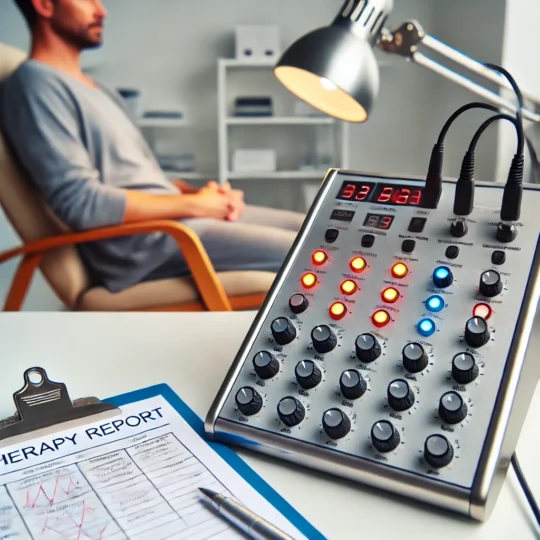What We Offer:
At Awake, we provide personalized mental health care for children, adults, couples, and families. Each journey begins with a thorough psychological assessment, followed by a tailored treatment plan that may include psychotherapy, behavioral techniques, and medication when needed. Our goal is to offer holistic, confidential, and effective support for lasting well-being.
Services Offered
1. Psychological Counseling
Individual or group sessions to explore emotional challenges and develop effective coping strategies.
2.Psychiatric medication consultations to assess, prescribe, and monitor psychiatric medications
3. Family & Marriage Therapy
Support for couples and families to improve communication and strengthen relationships.
4.Psychological Assessment & Diagnosis
Comprehensive evaluations to understand mental health conditions and guide treatment planning.
5.Career and social counseling
Comprehensive evaluations to understand mental health conditions and guide treatment planning.
6. Trauma Counseling:
Specialized support for individuals dealing with grief, loss, or traumatic experiences.
7. Mental Health Workshops:
Educational sessions focused on stress management, emotional wellness, and mental health awareness.
Types of Psychotherapy:
At Awake, we offer a variety of evidence-based therapies tailored to each individual’s needs. Some of the key approaches include:
1. Cognitive Behavioral Therapy (CBT) Focuses on identifying and changing negative thought and behavior patterns.
2. Psychoanalytic Therapy Explores past experiences and relationships to understand their impact on current emotions.
3. Psychodynamic Therapy Addresses unconscious patterns and emotional conflicts rooted in early life experiences.
4. Acceptance and Commitment Therapy (ACT) Encourages acceptance of thoughts and emotions while taking action aligned with personal values.
5. Dialectical Behavior Therapy (DBT) Designed to help individuals, especially those with emotional regulation challenges, balance acceptance and change.
6. Art Therapy
Uses creative expression—such as drawing, music, or writing—to explore and process emotions.












